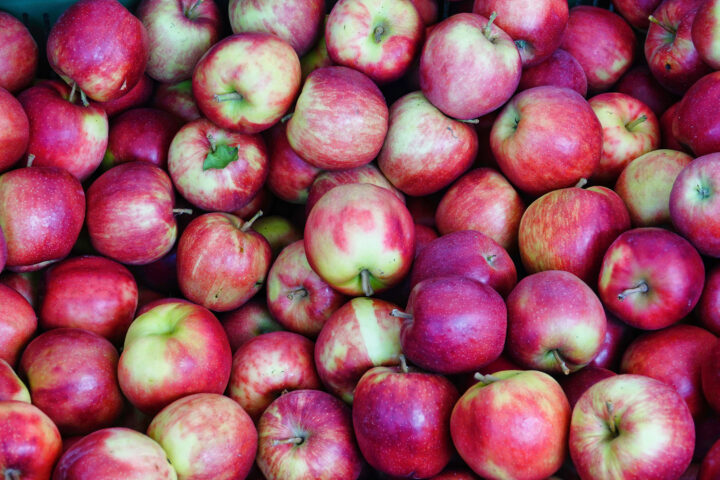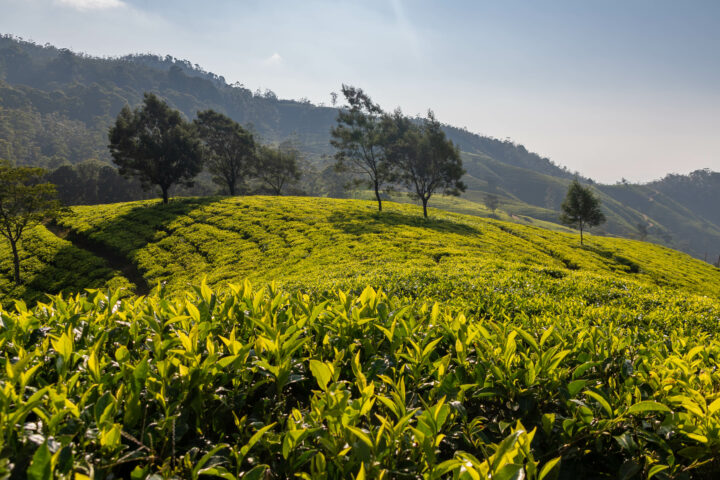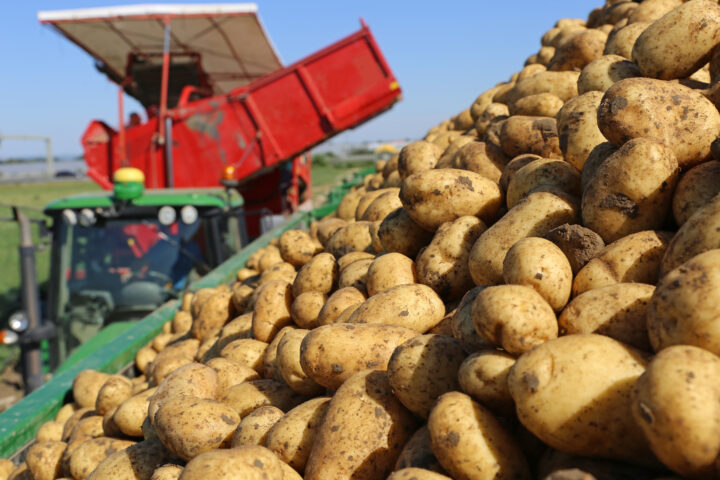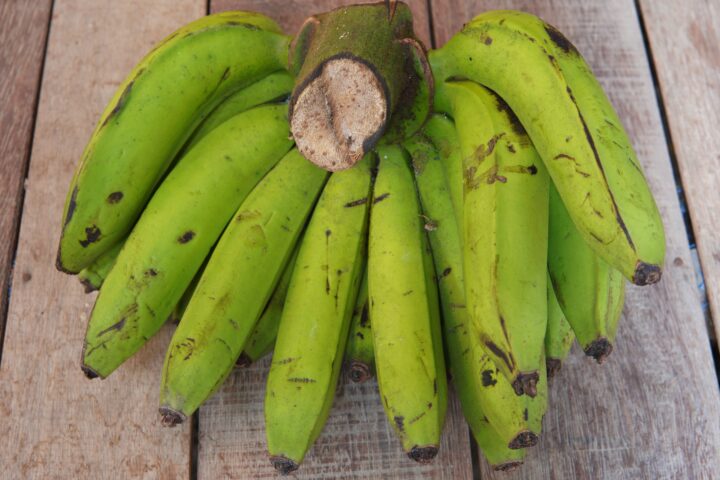
New Breeding Techniques: German Federal Minister of Research Calls for Green Light
The Federal Minister of Research has reiterated her demand to facilitate the application of new breeding techniques in Europe. As an example, she mentions the gene-editing tool CRISPR/Cas.
Wednesday, June 14, 2023
This article was originally published in the German "Agrarzeitung" on June 7, 2023, under the title «Neue Züchtungstechniken Stark-Watzinger will grünes Licht.»
According to the FDP politician, these techniques are an essential part of a contemporary and technology-open agricultural system of the future. She made this statement in a video message to the current general meeting of the Deutscher Raiffeisenverband (DRV) in Berlin.
For Bettina Stark-Watzinger, the use of new breeding techniques is indispensable to ensure future food security and adapt agriculture to climate change. Furthermore, she believes that the application of this technology is a prerequisite for the agricultural and food industry to remain competitive internationally. The minister explicitly welcomed the DRV's demand for an "innovation booster" in Germany.
"We need a return to market principles that facilitate rather than hinder innovations," emphasized Raiffeisen President Franz-Josef Holzenkamp, while also warning against "ideology-driven considerations." According to Holzenkamp, this includes the requirement of 30 percent organic farming and its classification as inherently sustainable without a comprehensive assessment. He also stated that setting generalized reduction targets for plant protection without considering innovations is not productive.
The DRV President pointed out the increased political significance of food security, stating that it is "a matter of our country's security and stability." He emphasized that this must be addressed, especially through equal competitive conditions in the EU. Holzenkamp identified "inequality in competition" as the issue, rather than the minimum wage, truck tolls, new regulations in animal welfare law, or potential changes in animal welfare law.
Holzenkamp also expressed support for expanding international trade and generally endorsed the EU-Mercosur agreement. However, he emphasized that "trade relations on an equal footing" are a prerequisite, which can only be achieved through reciprocity clauses.
Kindly note:
We, a non-native editorial team value clear and faultless communication. At times we have to prioritize speed over perfection, utilizing tools, that are still learning.
We are deepL sorry for any observed stylistic or spelling errors.
Related articles

Where the focus lies in apple breeding
The new head of Agroscope's fruit breeding research group is Andrea Patocchi. In an interview with the trade journal Obst + Wein, he explains where the focus of apple breeding lies today.

Chinese robot picks tea
There is a shortage of tea pickers in China. A robot developed by a researcher is set to remedy the situation and take over the work in future. Thanks to artificial intelligence, the machine can even recognise the shoots of the tea plant. The first harvesting robots are also already being developed in Switzerland.

Potato farmers want robust varieties
As the use of pesticides is to be massively reduced, the potato industry now wants to focus on more robust varieties. The industry has even concluded a target agreement with the federal government. This is ambitious: By 2040, robust varieties are to thrive on 80% of potato cultivation areas.

How genetic engineering is saving the Cavendish banana
The most popular banana variety - the so-called Cavendish banana - could soon disappear due to a persistent fungus. Australian researchers have developed a solution based on genetic engineering.

